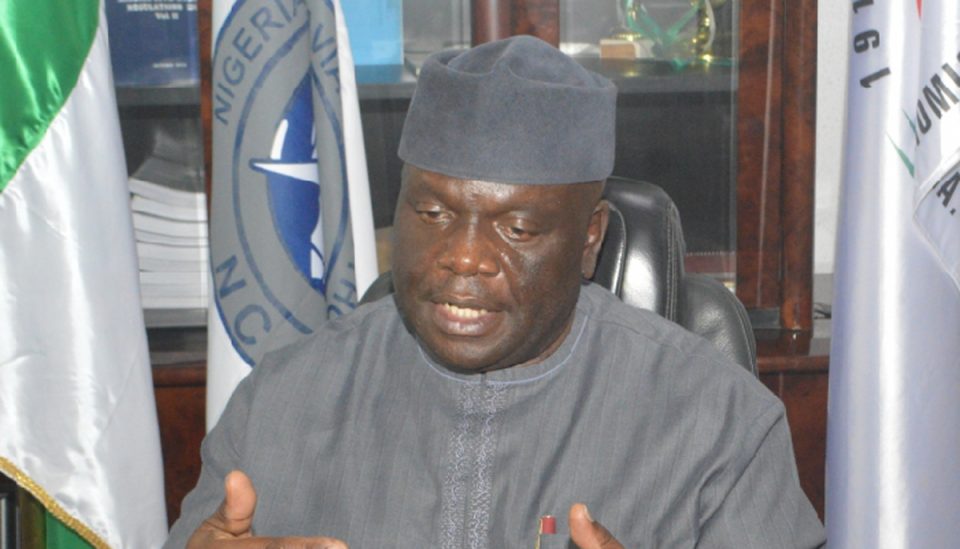Players in the global aviation industry have advised African Governments to improve on infrastructure in order not to hamper growth in the sector.
They gave the advice at a one-day workshop organised by the Nigerian Civil Aviation Authority (NCAA) in conjunction with the Aviation Strategies International (ASI) Institute in Lagos on Thursday.
TBI Africa reports that the theme is: ‘Global Megatrends and Impact on Aviation Workshop’.
The stakeholders decried the gap in infrastructure in most African aviation industries which needed to be addressed urgently.
They noted that African Governments should embrace technology that would help to address the challenges.
Speaking, Capt. Musa Nuhu, the Director-General, NCAA, said the industry was faced with challenges in pre-COVID-19 era, saying that the outbreak of the pandemic had finally exposed the problems in the sector.
Nuhu observed that the outbreak of the pandemic had created the need to urgently accelerate growth in the industry globally and ensure that the needed changes were effected.
The director-general said it had become paramount for players in the industry to develop strategies that would lead to development.
He said that technology was an ongoing issue, which a lot of the airlines had keyed into but noted that for the agencies, such changes would be a bit difficult because of regulations.
He emphasised that unlike in some CAAs on the continent, NCAA did not receive subvention from the Federal Government, stating that 80 per cent of its revenue came from the Ticket Sales Charge (TSC).
“We can’t go back to the way the aviation industry was managed before the advent of COVID-19 pandemic. COVID-19 has given us the opportunity to reset the sector,” Nuhu said.
Commenting, Mr Pierre Coutu, President of ASI Institute, in his address entitled “Global Megatrends in Aviation,” said the aviation industry faced one of the stringent periods in the world, courtesy of the outbreak of the pandemic.
Coutu said that players in the sector needed to bring out the businesses in the industry to be ready for the future. He called on the stakeholders to develop some areas to ensure compliance with global practices.
The ASI president mentioned climate change, global economic power shift, demographic changes, new technology and global connectedness as some of the current global megatrends that might define the future of the industry.
He said: “There are more networks and communications, which seek to connect the world than in the past. This leads to things happening so fast in the world. According to IBM 2016 Study, 90 per cent of data in the world had been created in the previous two years alone.
“Scientists say frequencies of pandemic might increase in the future. COVID-19 pandemic was not the first pandemic ever. Aviation organisations need to plan to reduce such impact in the sector in the future.”
For the sector to survive another pandemic, Coutu canvassed for scenario planning, adoption of future-wise strategic management and competency-based human capital.
According to him, others are the data analysis, risk analysis, partnership-based organisation and agile organisation culture.
Coutu said that in this era, no organisation could stand alone without the support of others.
Jean-Marc Trottier, in his paper, ‘Planning for a Turbulent Future’, said that climate change would affect the African aviation industry.
Trottier said the outbreak of COVID-19 pandemic would make investors and lenders to view aviation investments through a different lens.




